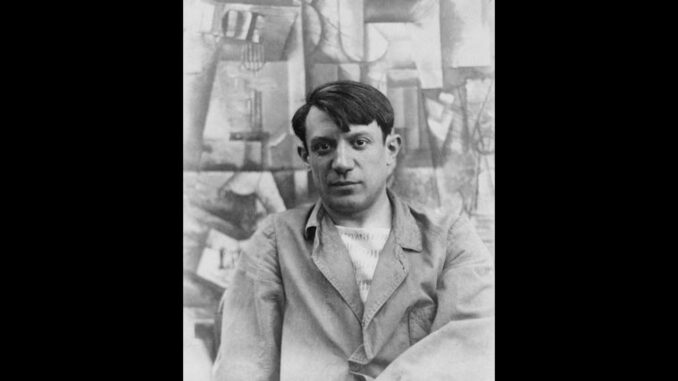
[ad_1]
Special Report
A prodigy is a child younger than 10 years old who shows astounding proficiency in one or more artistic or academic fields. These remarkable youngsters have inspired wonder and awe. And at certain times in our history they did not receive the respect they deserved.
24/7 Tempo has compiled a list of 31 famous child prodigies, reviewing material from encyclopedic sources, magazines, and the personal websites of the prodigies profiled.
Most of the time, these precocious children exhibit their talent in areas such as mathematics, art, science, chess, or music. They demonstrate remarkable memory, are laser-focused on detail, and are obsessed with their talent, spending hours figuring out math problems or practicing a musical instrument. Experts have noted that these children have higher IQs as well as higher rates of altruism than the population as a whole.
Joanne Ruthsatzan assistant professor of psychology at Ohio State University, noted in her research on prodigies that they use their gifts to help society. “They have this advanced moral development,” said Ruthsatz on the Ohio State University website.
Many prodigies come from affluent or middle-class backgrounds and had parents who were in similar fields. Many of these parents encouraged, and even promoted, their child’s outsized abilities. Newspapers stoked the prodigy fad in the 1920s and did human-interest stories on the children, with some stories treating the youngsters as little more than nature’s anomalies.
For many prodigies, life didn’t turn out as they might have hoped. Bobby Fischer became the first American to win the world chess championship, but his life deteriorated into mental anguish afterward. For other prodigies such as physicist Marie Curie, her research in radioactivity led to a Nobel Prize. Here are the most influential women in science.
Click here to see 31 famous child prodigies
Methodology
To compile a list of famous child prodigies, 24/7 Tempo reviewed multiple online encyclopedias such as Britannica and historic journals such as the Smithsonian Magazine. The initial list included nearly 50 extremely gifted children, dating back to the 17th century. We applied editorial discretion to choose people from various countries. We included prodigies whose talents varied from science and chess to music and literature.

Leave a Reply